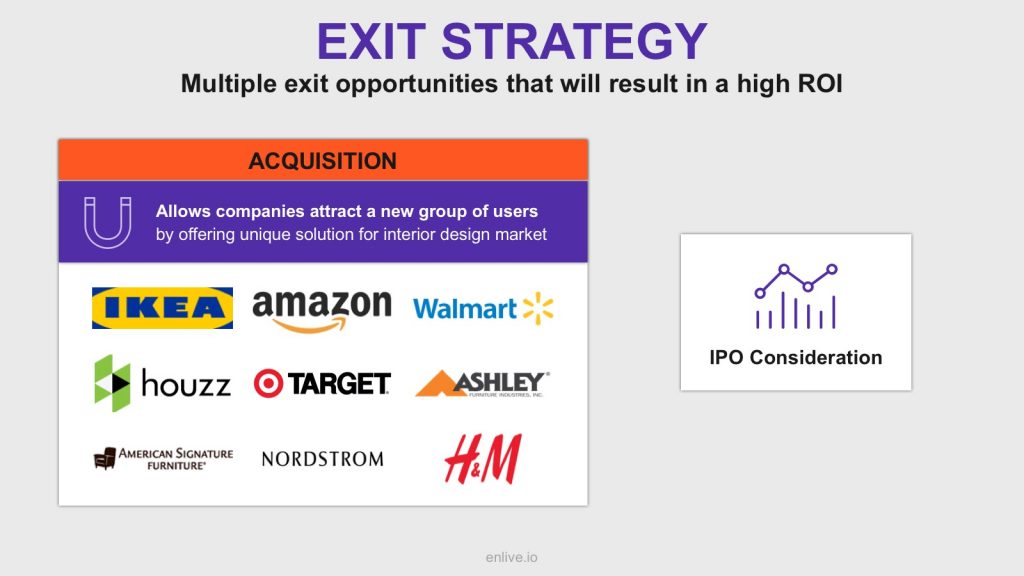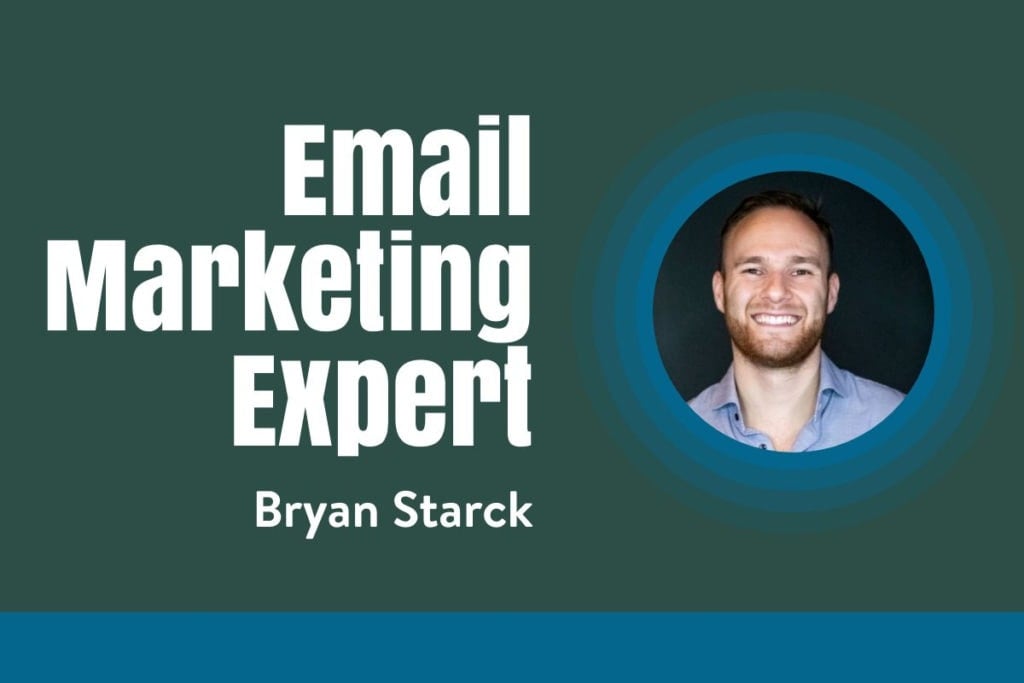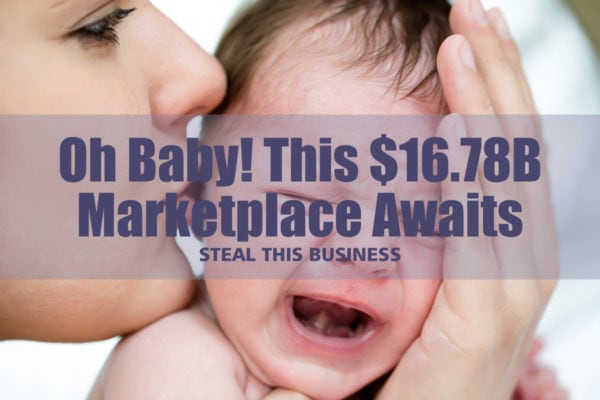Sure, venture capitalists will smile and tell you, “No, no. It’s not true.”
But these three VC secrets are real, and I’m going to confess them to you.
Why? You see, I’m an entrepreneur with a secret myself.
Back in 2015, I had a fleeting flirtation with life as a VC. That’s right, I briefly switched sides of the force and became a VC doing investment deals out of a venture office in Beverly Hills.
And you know what? I hated it. I saw probably 40 wannabe entrepreneurs walk in and ask for our money each week. I would guess close to 90% of them did not know the three secrets I’m about to share with you.
Their ignorance to these three secrets meant I could never work with them or give them dough. These entrepreneurs were doomed before it ever began. Show stoppers. Don’t let this be you.
Trust me, I understand entrepreneurs not knowing the inside game. When I built my first venture-backed startup in 2011, I was just like many young wannabe entrepreneurs out there too. I jumped into startups looking for fast rewards. I wanted the money, the love and the fame. I needed to get there immediately, and I would do whatever it took to get there.
But then I started pitching VCs and, to my chagrin, my pitch fell on deaf ears. What could I be doing wrong? It was only years later when I became a VC did I learn a few of the inside secrets and answers to that question.
If you’re serious about getting VC money, you must read the following three secrets:
1. We’re not your mommy
Don’t turn VCs into your personal Dr. Phil.
Please don’t come looking for validation from VCs. Most entrepreneurs think if VCs give them money, their killer business idea is "right." No amount of money or compliments from us will ever mean your idea is good or that you are a smart person. I was not there as a VC to help you feel good about yourself. VCs are not psychologists or Dr. Phil.
Somehow getting validation for an idea allows entrepreneurs to feel like they can skip the hard work of selling. You can’t skip the work and get a “yes” from me or any other VC. Go sell. In my experience, the less you enjoy selling on a daily basis, the more you think VCs will come magically rescue you and finally prove to your friends you’re a smarty pants.
2. Don’t include an “exit plan” slide in your pitch deck
If you show these guys a slide with the Google and Facebook logos possibly buying you, you don’t understand the unspoken rules of this game. We all play for the big one.

DON’T use a slide like this one.
Venture is a very specialized type of business. Startups are largely measured by the company’s rate of growth. If you’re building a B2B SaaS company, you will be measured by how fast your company grows in revenue. If you’re building a B2C company, you may also be measured by how fast your company grows in user base.
VCs are all looking for the next Facebook, Uber or Snapchat. VCs get measured by the grand slams they find for their investors. Having a small exit does very little for VCs. So when entrepreneurs are talking about possible exits in the early days of a company, its a giant signal your company is not going to become the grand slam VCs need to be successful.
3. You don’t look like Emily Ratajkowski or Zac Efron

One of us is a model in this picture.
The biggest thing I learned is that VC money is for those businesses that are actually ready for VC money.
It’s that famous phrase about pornography— “I know it when I see it”.
If you don’t know if you can raise venture capital, then it probably means you’re not ready yet. It’s the cold hard truth.
It’s kinda like if you look like Emily Ratajkowski, you’re getting an agent and modeling until you can’t model anymore. If you’re a normal dude that looks like me, I dress up for a dinner out, but I don’t go looking for cover shoots.
What you can do is to learn how to build, grow and measure your business. More than anything, learn how to sell to customers. Capitalism.com is here to give you everything you need, so you don’t need to be like the 90% of the sheep who came into my venture office without a clue.
The raw truth is this—if you want to raise VC, it starts with learning how to give value to your customers so well that you may need some extra gasoline to get there. It’s kinda like VC money is that extra big protein smoothie at the gym once you’re already done your killer workout.
I’m a better entrepreneur now because I don’t ask VCs for the validation, money, and love that should first come from customers. There is no substitute.
I get so excited when I meet entrepreneurs who have made the shift. This mindset shift subtly allows for better companies, more growth, and, ironically, attracts VC capital. That’s when it all changes for entrepreneurs.
Today, I’m an entrepreneur working on a new early stage business in ecommerce. Our team builds products that help people lead smarter, healthier lives.
How will I know if we need VC? If we give so much happiness and improved health to our customers that we already know we made a major difference in people's lives. Only then will I think about it.
More expert advice on growing your venture from Capitalism.com:











